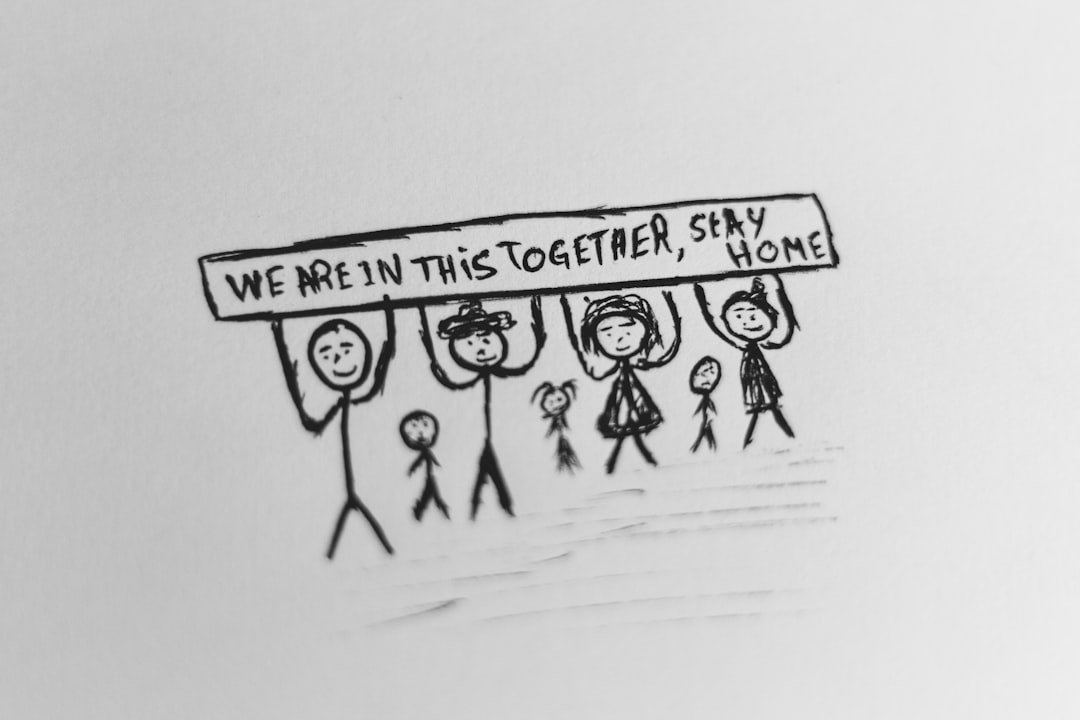
Ever feel like your team's wheels are spinning but going nowhere? I’ve been there, too. It’s frustrating when everyone is trying, but the collective effort just isn’t clicking. Whether it’s at work, with family projects, or even a community group, getting people to truly work together can feel like a superpower.
The truth is, collaboration isn't magic. It's a set of simple, intentional actions that, when practiced consistently, transform a group of individuals into a powerful, unified force. I’ve seen this firsthand in my own life. When I was struggling with habits like gaming and laziness, my internal "team" (my mind and body) wasn't collaborating at all. Learning to set clear goals, stay consistent, and celebrate small wins for myself was a huge part of finding a balanced life. And guess what? Those same principles apply directly to working effectively with others. When I show up disciplined and reliable, it makes collaboration so much smoother for everyone.
Here are 12 ways you and your team can boost collaboration and start moving forward, together:
1. Set Clear Goals
Imagine trying to reach a destination without knowing where you’re going. It just won’t work. The same is true for collaboration. Make sure everyone understands the main objective and what success looks like. Write it down, talk about it often. Clear goals give everyone a target to aim for.
2. Communicate Openly
Encourage everyone to speak their mind. Create a space where people feel safe sharing ideas, concerns, and even worries without judgment. When I started being honest about my struggles, whether with overeating or just sticking to a routine, it opened up so many doors for real help and understanding. Open communication builds trust and prevents misunderstandings.
3. Listen Actively
This goes beyond just hearing words. Active listening means truly trying to understand another person’s perspective. Put away your phone, make eye contact, and let them finish speaking before you jump in. Ask clarifying questions. When you listen, you show respect, and you often uncover valuable insights you might have missed.
4. Define Roles Clearly
Ambiguity kills collaboration. Who is responsible for what? What are the expectations for each person? When roles are fuzzy, tasks get dropped or duplicated, and resentment can build. Sit down and clearly outline who owns which parts of the project. It removes confusion and empowers people to take ownership.
5. Build Trust
Trust is the foundation of all good relationships, including collaborative ones. This takes time. It comes from being reliable, honest, and supportive. It means showing up for others, just as you hope they will show up for you. Trust lets people take risks and know their teammates have their back.
6. Celebrate Small Wins
Don't wait for the grand finale to acknowledge progress. Breaking down big goals into smaller, manageable steps and celebrating each milestone keeps morale high. When I was losing over 110 pounds, those small wins—a healthy meal, a consistent workout—were crucial for keeping me motivated. Acknowledging these steps in a team context creates momentum and a sense of shared accomplishment.
7. Give Constructive Feedback
Feedback helps us grow, but it needs to be delivered with care and a focus on improvement. Frame your feedback around specific actions, not personal attacks. Always aim to help the person do better next time. Remember, it's about making the team stronger, not making someone feel bad.
8. Encourage Diverse Perspectives
Great ideas often come from combining different viewpoints. Actively invite people with varied backgrounds, experiences, and thoughts to contribute. Don’t just look for agreement; look for depth and new ways of thinking. A team that embraces diverse perspectives is much stronger and more innovative.
9. Address Conflict Quickly
Ignoring problems makes them fester. If disagreements arise, address them head-on, calmly and respectfully. Focus on the issue, not the person. Find common ground and work towards a solution together. A quick resolution prevents small issues from becoming big problems that derail collaboration.
10. Show Appreciation
A simple "thank you" can go a long way. Acknowledge the hard work and contributions of your teammates. People feel valued and are more likely to stay engaged when their efforts are recognized. Make it a habit to express gratitude regularly.
11. Be Reliable
This one is huge. When you say you'll do something, do it. Meet your deadlines. Show up on time. Your reliability builds trust and makes the entire team stronger. After I overcame my struggles with laziness and built a productive routine with short bursts of deep work, I found I could contribute so much more consistently. Being dependable means your teammates know they can count on you, which is priceless for smooth collaboration.
12. Focus on the Shared Vision
Sometimes, we get caught up in the daily grind and lose sight of the bigger picture. Regularly remind everyone of the "why" behind your collective effort. What impact are you trying to make? What is the ultimate goal? Keeping the shared vision front and center helps align everyone's efforts and keeps spirits high even when things get tough.
Collaboration is a journey, not a destination. It requires ongoing effort, understanding, and a willingness to work together for a common purpose. Which of these steps can you take today to make your team's collaboration just a little bit better?





